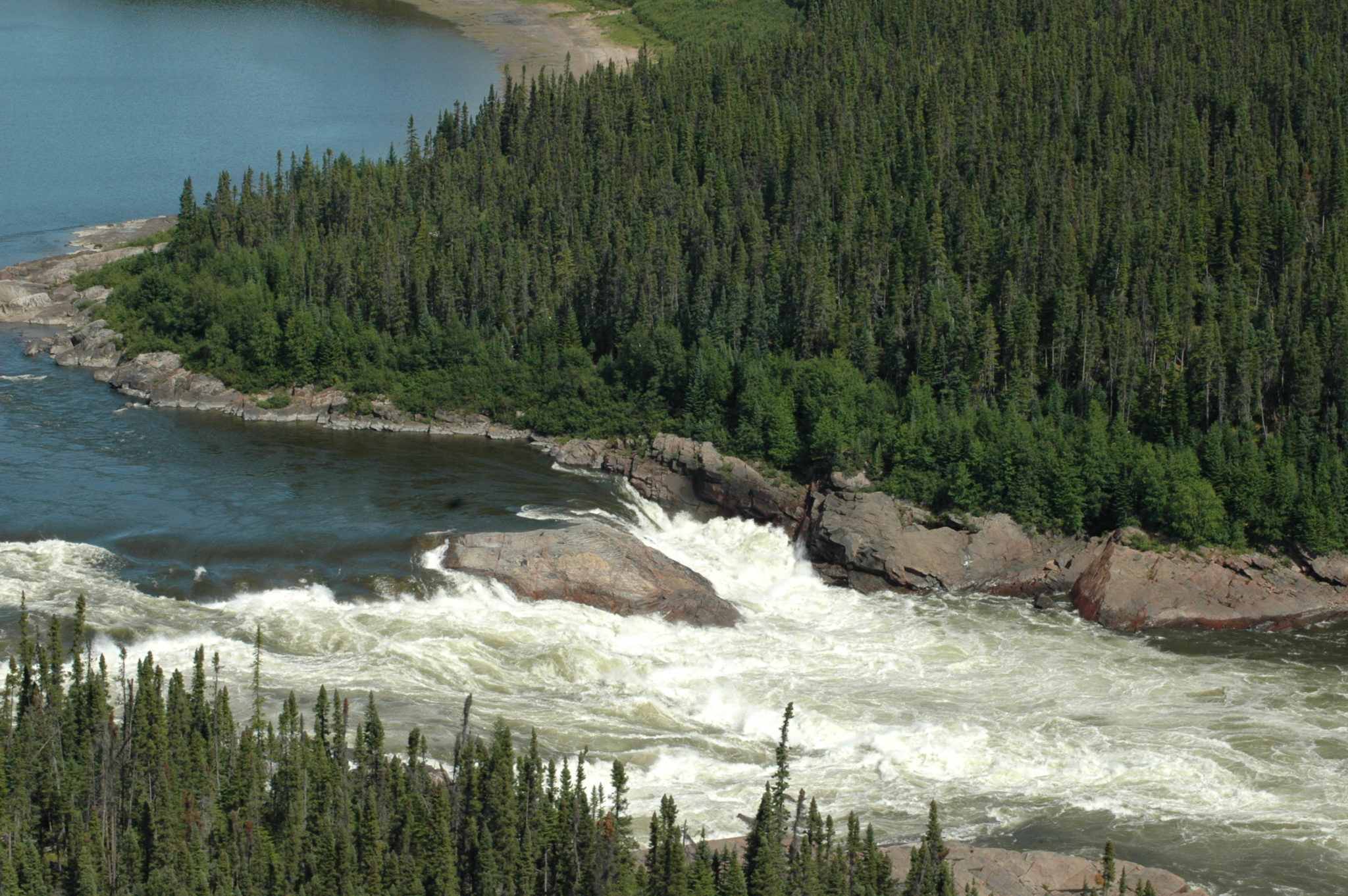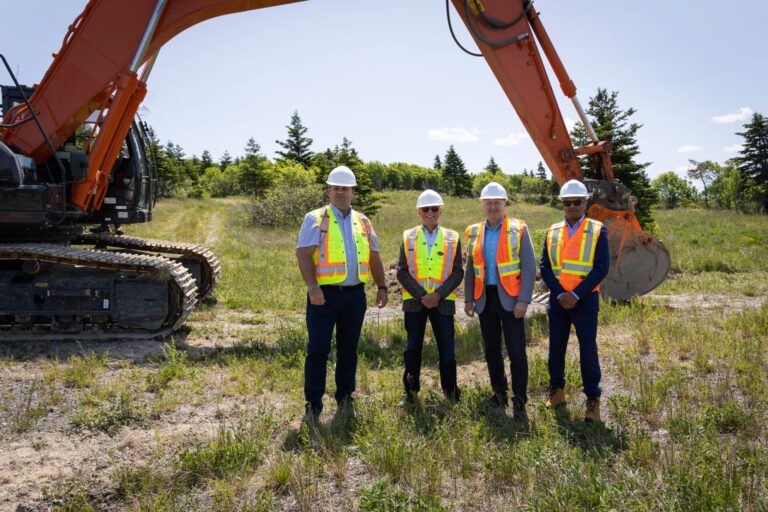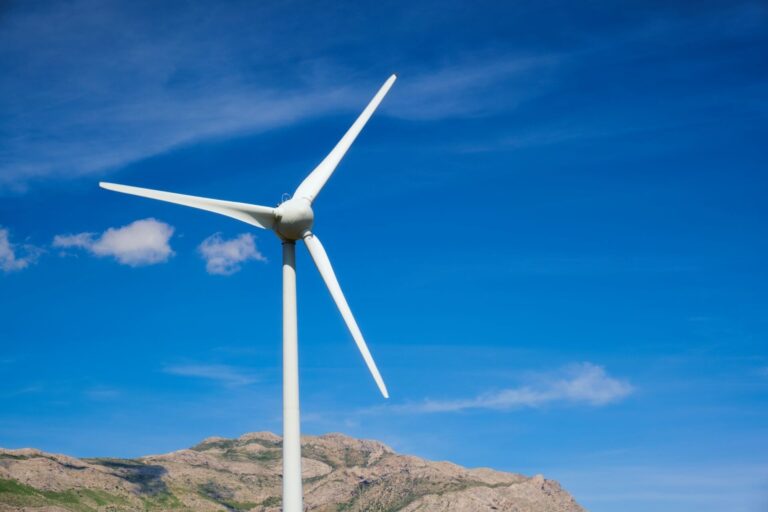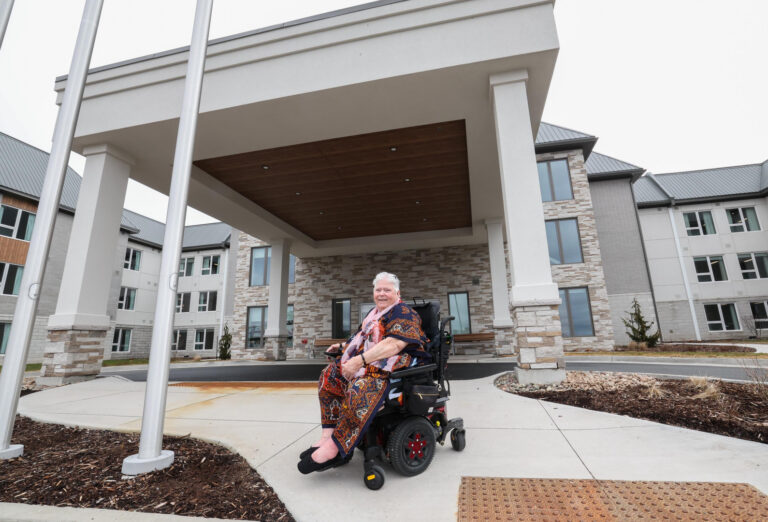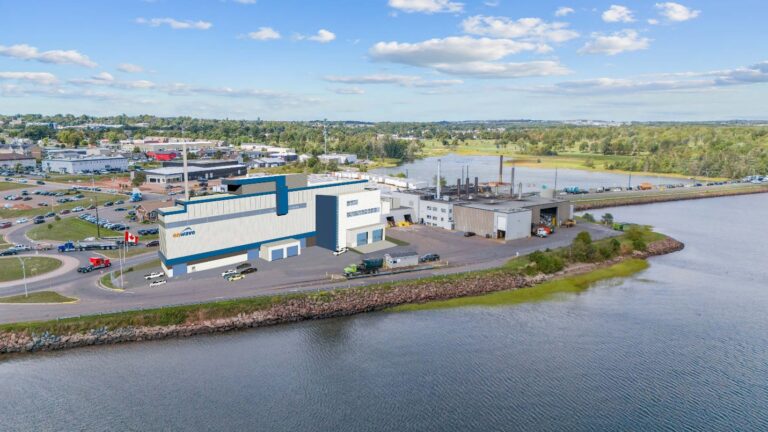The Government of Newfoundland and Labrador has released Protecting You from the Cost Impacts of Muskrat Falls, designed to protect residents from increases to electricity rates and taxes resulting from the Muskrat Falls project that would affect the cost of living.
“I promised Newfoundlanders and Labradorians that they will not bear the burden of higher electricity rates or taxes as a result of Muskrat Falls,” said Dwight Ball, Premier of Newfoundland and Labrador.
It is the culmination of a series of steps taken to protect residents from the impacts of the additional costs for the construction of the Muskrat Falls project. The Government has restored the Board of Commissioners of Public Utilities’ (PUB) appropriate role in giving oversight to the Muskrat Falls Project when it engaged the PUB in examining options to mitigate the impact of Muskrat Falls. The Government has used the interim report produced by the PUB to inform its plan and future actions. In addition, the Government secured a federal commitment to further engage with Newfoundland and Labrador to expeditiously examine the financial structure of the Muskrat Falls Project, so that the province can achieve rate mitigation.
To manage electricity rates, approximately $725.9 million is expected to be required to address Muskrat Falls costs in the first full year of electricity generation.
To address this cost, the proposed framework includes:
- NL Hydro Net Operations Savings and Revenue ($178.2 million)
- Includes fuel savings from NL Hydro’s Holyrood Thermal Generating Station relating to transition to Muskrat Falls power and non-Muskrat Falls regulated revenue increase
- Newfoundland and Labrador Investment ($249.1 million)
- Committed $200 million in Nalcor dividends towards rate management through the budget process; and
- $49.1 million in Hydro surplus export sales
- Reducing Expenses ($39.4 million)
- $20 million through efficiencies and reducing duplication at Nalcor;
- $12 million by reducing operation and maintenance costs on Muskrat Falls generation and transmission by 15 per cent; and
- $7.4 million by reducing the amount of diesel fuel used for electricity generation in isolated areas; using renewable energy.
- Raising Revenue ($59.2 million)
- $15 million by fuel switching to electricity in public buildings;
- $35.5 million by adding value to energy surplus; and
- $8.7 million by selling carbon performance credits to carbon emitters, as the Holyrood Thermal Generating Station uses less fuel and decreases Greenhouse Gas emissions.
- Managing Financing ($200 million)
- The Federal Government has agreed to enter into a formal process with the Provincial Government to identify ways that the province can achieve rate mitigation.
- As part of the process, Canada and Newfoundland and Labrador agree:
- To undertake a thorough analysis of the underlying drivers of expected electricity rate increases;
- To consider all options including those identified in the interim PUB report, to achieve rate mitigation;
- To consider options to enable the province to sell more of its electricity in markets outside the province such that the province can realize greater returns from its electricity generating capacity;
- To consider options for how the Lower Churchill projects’ affordable, clean energy can further the governments’ mutual commitment to fighting climate change; and
- To conclude the discussions in as expeditious a manner as possible, so that the key policy issues are identified before the PUB prepares its final report.
- The Federal Government has agreed to enter into a formal process with the Provincial Government to identify ways that the province can achieve rate mitigation.
For a copy of the plan, visit www.gov.nl.ca/muskratfallsframework.

